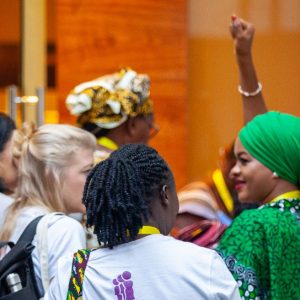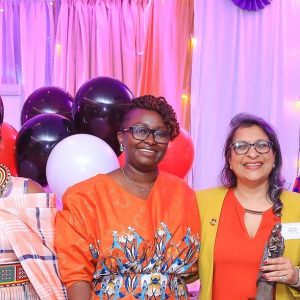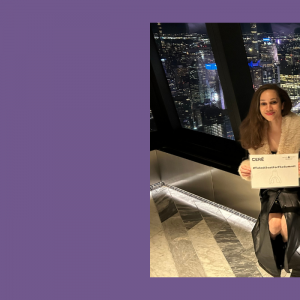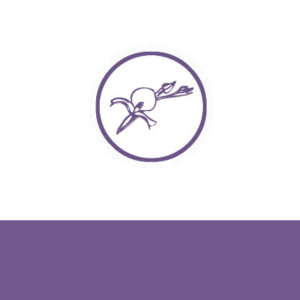In the weeks since the outbreak of Coronavirus, the need to protect citizens from the spread of the disease has had a profound impact on many NGOs and grassroots organisations’ ability to continue work within communities. Globally, gender-based violence has risen due to girls and women being in lockdown with their abusers and a reduction in prevention and protection efforts which will have otherwise stopped various forms of violence against women and girls from occurring.
When it comes to harmful practices like female genital cutting (FGC), UNFPA worryingly anticipate that, due to COVID-19 disruptions, there could be a third reduction in progress towards ending the cut by 2030. They also predict that 2 million otherwise avoidable FGC cases could occur over the next 10 years due to pandemic related disruptions in prevention programmes.
In this concerning and challenging context, it is vital for us as NGOs and grassroots organisations to pivot, adapt, and continue addressing violence against women and girls, including FGC, while ensuring that nothing we do puts communities or our staff at risk.
In Kenya, where Orchid Project partners with local organisations, rising instances of gender-based violence correlate with the global trend. In April, the National Council on Administration of Justice reported a significant spike in sexual offences in many parts of the country, making up 35.8% of reported criminal matters reported in the last two weeks of March.
Necessary responses to the COVID crisis are also likely to have a significant impact on adolescent girls, and social isolation, school closures, lack of law enforcement, food insecurity due to loss of livelihoods are well documented drivers of FGC.
“Cutting of girls is happening now,” Fridah Wawira, Programme Officer for the Coalition on Violence Against Women told Orchid Project. “There are no public activities, no school, so families are taking advantage of the season to cut their girls.”
The reduction of such activities brings elevated risk in relation to girls being cut, which can happen in secret.
As partner to Orchid Project in the southern county of Narok in Kenya, COVAW are experiencing the impact of the pandemic on their face-to-face activities and community-based interactions, but are reacting to protect communities while continuing work on cutting and violence against women and girls using media and technology.
Fridah acknowledged how the ban on gatherings has impacted community-based work to end cutting: “The public gatherings where we usually address the effects of FGC are not happening – bazaras, church services, community dialogue forums etc. The reduction of such activities brings elevated risk in relation to girls being cut, which can happen in secret.
“There are other factors that contribute too. The closure of schools means that girls don’t have that safe space where teachers usually intervene.”
To try to mitigate the increased risk to girls, COVAW have adapted their programming to continue reaching community members and even broadening their reach nationally.
We work with community activists who are still able to go door-to-door while using PPE and socially distancing.
“We work with community activists who are still able to go door-to-door while using PPE and socially distancing,” Fridah explained. “It’s not possible to do dialogue sessions, but we are communicating with activists daily via phone and WhatsApp. This is where we pass on information and support on integrating messages about COVID and gender-based violence.”
To continue sharing messages and information about FGC, COVAW have turned their focus to radio programming and social media.
“We’ve held a Twitter chat on the mitigation of gender-based violence during COVID-19 where we reached nearly 30,000 people. This is one opportunity to take advantage of people being in their homes as more will be on social media.
“COVAW has also pivoted to focus on radio programming to talk about our programmes, misconceptions around FGC in Narok, and the impacts of FGC including the economic costs. These shows are carried out in local languages, and the last one we did focused on young people and their importance in the movement to end the cut.
“Our latest radio programme was on Emoo FM, a local language speaking Kenyan radio station with national coverage. It gave us a great platform to discuss FGC and share key messages on prevention of FGC, demystifying myths that sustain harmful traditional practices and the role of the community. The radio shows are being conducted via call conferences linked to the broadcasting studios, reaching a huge listenership of over 230,000 people.”
As there has been an increase in sexual and gender-based violence nationally, we especially need to respond right now.
While the Coronavirus pandemic is presenting significant and concerning challenges in Kenya as it is everywhere, COVAW is maintaining the focus on preventing violence against women and girls.
Eva Ruria, Programme Manager for COVAW emphasised why this is more important than ever.
“As there has been an increase in sexual and gender-based violence nationally, we especially need to respond right now, including ending harmful traditional practices like FGC and child marriage.
“This is an opportunity to flag violations on girls and children, and we’re encouraging community activists to report to the police and call the various Kenyan national helplines.
“Advocacy work needs to continue at this time. We have to be creative to reach communities. Let’s use what we can in the way that we have to, and think about how to reach those in remote areas, as they are key to ending FGC.
“We need to make sure that no one is left behind.”
This interview is part of a series of spotlights on grassroots voices on the impact of COVID-19 on female genital cutting. It was carried out on the phone and written by Orchid Project’s Senior Communications Manager, Miranda Dobson, interviewing Fridah Wawira (Program Officer, COVAW) and Eva Ruria, Programme Manager for COVAW.






